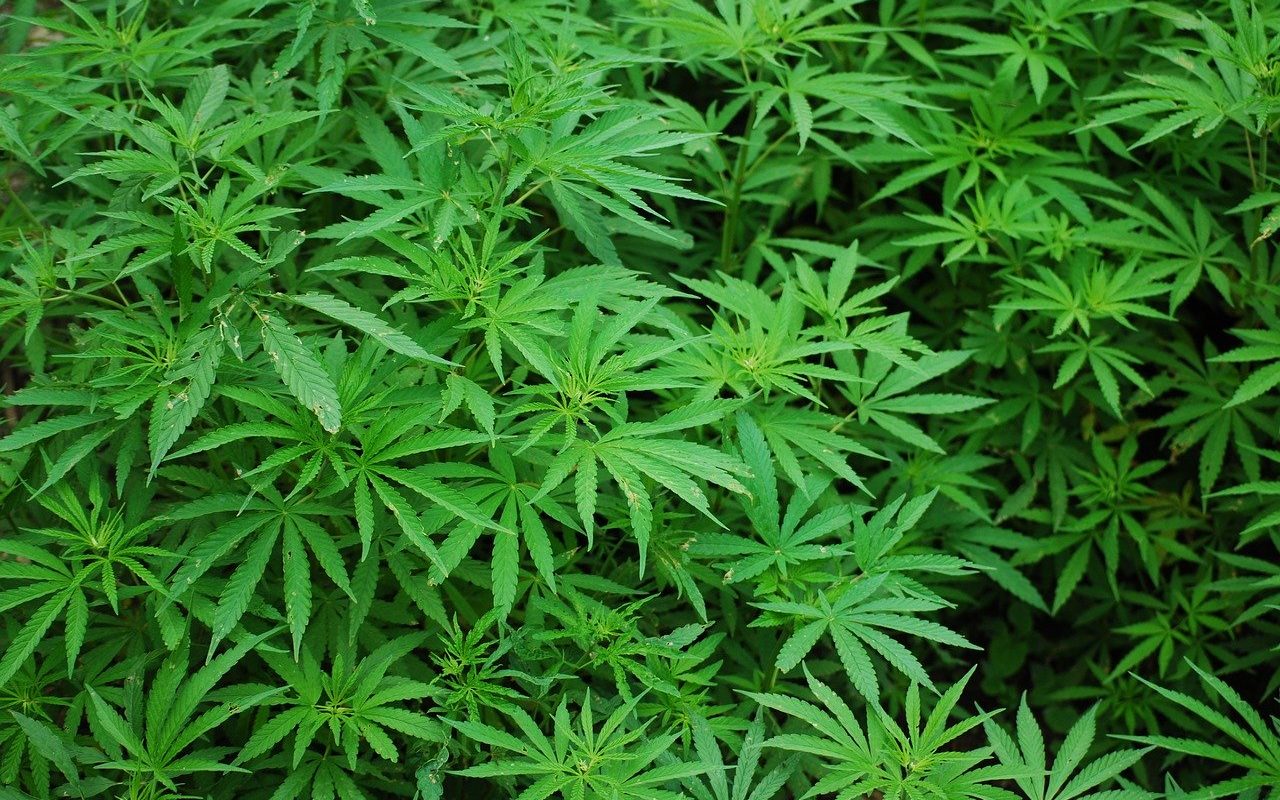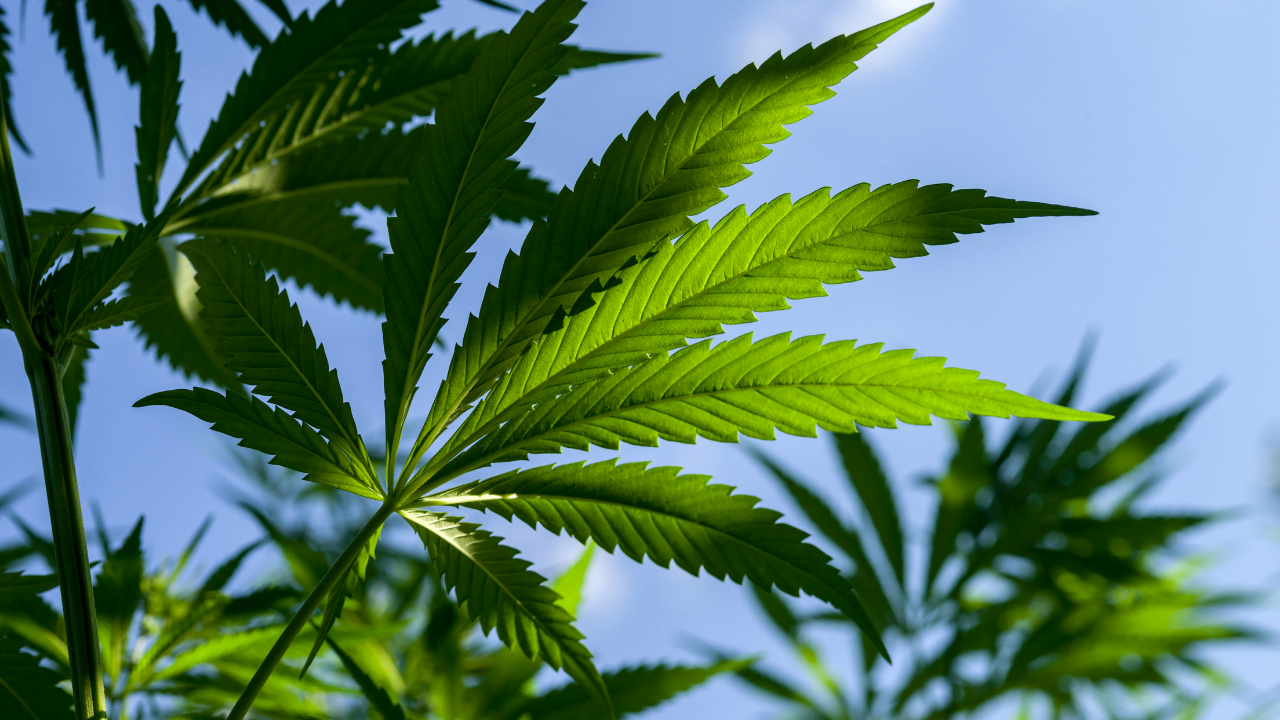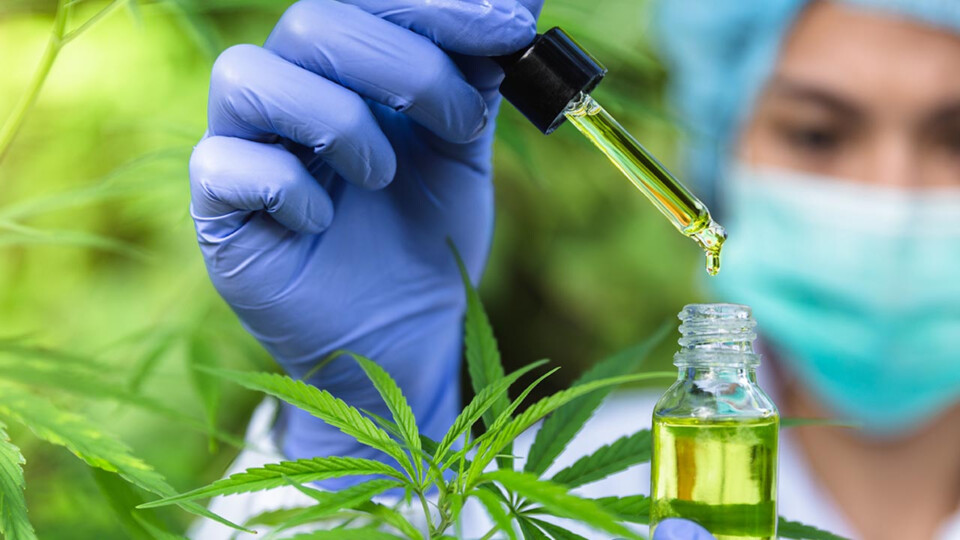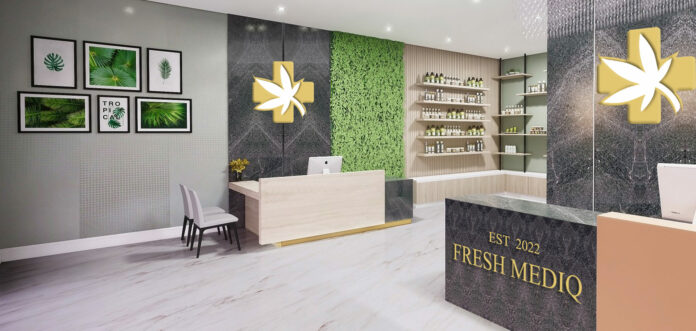This week TPN media had a chance to speak with Ian from FRESH MEDIQ in Pattaya about the future of cannabis legalization in Thailand. He offers his unique perspective from being involved in the medical cannabis industry and helping decriminalize the plant with the research his team performed.
-
Ian, Let’s get the biggest question out of the way. Where do you see cannabis laws going after the Thai election?
I can see the cannabis laws going one of two ways: either turning back to a narcotic category 5 like it was before or continuing on in the grey areas as it is now. It seems like all the political parties are divided on these two possibilities.
-
As a premier medical cannabis clinic that supports Thai farmers and uses herb farms in Thailand, how does Thailand stop the big problem of illegal importing and better support the Thai industry as a whole?
First of all, we should clarify the difference between importing and smuggling. To my knowledge, there are only 2-3 countries in the world that can legally export cannabis – such as Israel, the Netherlands, and maybe Canada. If another country cannot legally export, then how can businesses in Thailand legally import? I’m from the USA and I see a lot of California cannabis in Thailand. Let me assure you, California cannabis is smuggled, not imported, because it’s federally illegal in the USA to export cannabis.
The only way local Thai growers can overcome this problem is through government intervention by tracking seed-to-sale. Local Thai growers should declare their seeds and their yields should be registered to track the amount of supply. In this way, illegal supplies could be caught if audited. This is how medical cannabis farms currently operate, and this is how FRESH MEDIQ operates already, but these rules are not enforced for all new businesses selling cannabis right now.
Here’s a real-life example: the medical cannabis farm has a contract with the government for X amount of seeds and X amount of plants per year. Every time FRESH MEDIQ, the retailer, orders cannabis from the medical farm, we receive an invoice with the farm’s license numbers and quantity delivered per strain. The retailer then submits Form ภท 27, which reflects this new stock of cannabis inventory. As the cannabis is individually sold to patients, the retailer submits Form ภท 28, which reflects the individual sales. These two forms must reconcile and match the inventory in each shop to thwart illegal cannabis.
These two forms are currently in place but not enforced or audited by authorities – that is why illegal cannabis still remains a problem for the local Thai market. Implementing a seed-to-sale tracking system and enforcing it would eliminate illegally imported or smuggled cannabis in Thailand.
-
Do you see any chance that Thailand makes cannabis a narcotic again as some fear?
Yes, I think there’s a 50% probability cannabis returns to a narcotic category Five.
-
What suggestions and input would you have for the regulation of cannabis without overregulating which has hurt the industry in some US states?
I suggest setting a higher barrier to entry.
Setting a higher barrier to entry for growers, wholesalers, retailers, and consumers would eliminate the unprofessional players, and only serious organizations would proceed in the cannabis space. Right now, it seems like anyone with a table on the street can sell “medical cannabis.” This word “medical” is being disrespected by non-medical establishments. This presents a danger to consumers because it’s hard to differentiate safe cannabis from unsafe cannabis (such as heavy metal and pesticide-contaminated cannabis) when every shop claims to be a certified medical dispensary. Regulations should set higher standards and more stringent requirements for opening storefronts and growing cannabis for medical use.

-
Should recreational cannabis be allowed to continue and how should it be regulated?
I feel we are partly responsible for the recreational use problem nowadays because we supplied the government with a lot of data that proved cannabis was non-life-threatening, had minimal side effects, and is safe to use in high doses. Unfortunately, all that data from the past 5 years was used to support the de-listing of cannabis as a narcotic, and now recreational use is everywhere.
I’m a firm believer in making cannabis accessible to everyone. Cannabis has real health benefits, and I’ve seen the positive impact of medical cannabis for the past 5 years. However, medical patients should be prioritized over recreational users.
In the past, first-time cannabis buyers had to be screened with medical questionnaires, and they had to sign an Informed Consent document that explained the risks and precautions associated with using cannabis. This process took about 2-3 minutes for first-time buyers, but after they were registered, they could reorder freely either in-clinic or online telemedicine.
I think a system like this for recreational users should be required when they are buying for the first time in Thailand. I think the regulation should implement a screening or registration process that checks recreational users’ age, health conditions, and understanding of how to use cannabis safely before buying cannabis freely in Thailand.
-
One of the biggest concerns politicians say they have with cannabis is the ease of access for youth. How can this be better controlled?
I agree that keeping cannabis away from children should be a serious priority moving forward. Simple ID checks at dispensaries could solve this problem on a micro-level, but I think the macro-solution would be regulating the marketing and advertising aspect of cannabis to the youth.
I don’t think 50mg cannabis edibles should be packaged like candy and advertised with cartoons. Dispensaries should not be allowed to use Disney characters as mascots smoking bongs in their logo. These are wrongful branding messages directed towards the youth. It makes cannabis look familiar and playful to children when it should be directed more towards the adult consumer.

-
Not directly related to cannabis although many use vapes to smoke it…should vaping laws be looked at or changed as well and legalized?
Actually, research shows vaporizing cannabis is the healthiest method to consume. Now not all vaporizers are made the same though. Some vaporizers use a lead or cadmium-based heating element that can release heavy metals into the vapor causing toxic exposure risk. I get contacted by Chinese vaporizer manufacturers weekly and the cheap prices are attractive but all of them are low-quality devices that pose health risks to our patients, so we don’t currently stock or distribute any vaporizers.
I support the legalization of medical vaporizers like the German-made STORZ & BICKEL devices. Thailand could also follow Israel’s example and manufacture its own medical vaporizer for approved resellers within the country.
-
We have decades of stigma and propaganda which has rightfully scared many politicians and people against marijuana. How does the fledging cannabis industry mature and change this while addressing genuine concerns?
Cannabis needs more professional advocates to help change the negative stigma surrounding the industry. This is part of the reason why we at FRESH MEDIQ have been more vocal about cannabis lately because it needs more professional representation.
It upsets me to see the BBC, CNN, ABC, and other world news networks covering illegal street cannabis shops. Thailand has presented the ugly side of cannabis to the world with Bob Marley-looking advocates speaking on behalf of the country. I think cannabis has problems maturing because of the appearance and vibes this type of street-use cannabis gives off.
We should be using professional organizations to represent the cannabis movement in Thailand. I think the Government Pharmaceutical Organization (GPO), Westland Herb Cannabis Farm, and other government institutions should have been the face of cannabis in Thailand… not the Get High Shop on Soi Shady.
If we want to change the negative stigma surrounding cannabis and help the cannabis industry mature, then we have to start representing the industry more professionally. We can address genuine concerns and better inform the public if our advocates were proper cannabis professionals like Dr. Nuttamon Le Men MD who built the foundation of where we are in cannabis today.
-
Long term, 3-5 years, where do you see cannabis as an industry in Thailand? Could the possibility of the US ending a federal ban help?
If the USA ends the federal ban on cannabis, import and export dynamics will explode in Thailand. In the USA, Thai cannabis would be considered exotic and a specialty product. In Thailand, USA cannabis is considered the highest quality. I can see both USA and Thailand mutually benefiting from lifting the federal ban on cannabis and opening the door for legal global trade.
Long term, I see Thailand being the leader of cannabis in all of Asia. I can see other SE Asian countries consulting with Thailand to roll out medical cannabis in their country. In 3-5 years the confusion-dust should settle and the cannabis industry should be in a position to grow systematically and serve as an example to other countries looking to legalize.

If you would like to learn more about FRESH MEDIQ or visit them in person, tap or click here for more information.
CONTACT INFORMATION:

OPEN Monday – Saturday 10:00 am – 7:00 pm
Phone English: 092 971 5159
Phone Thai: 092 471 9159
E-mail: [email protected]
Contact them through their website HERE
Our prior coverage on FRESH MEDIQ can be found here.
-=-=-=-=-=-=-=–=-=-=-=-=-=-=-=
Help support The Phuket Express in 2023!
Need medical or travel insurance for your trip to Thailand? We can help!




